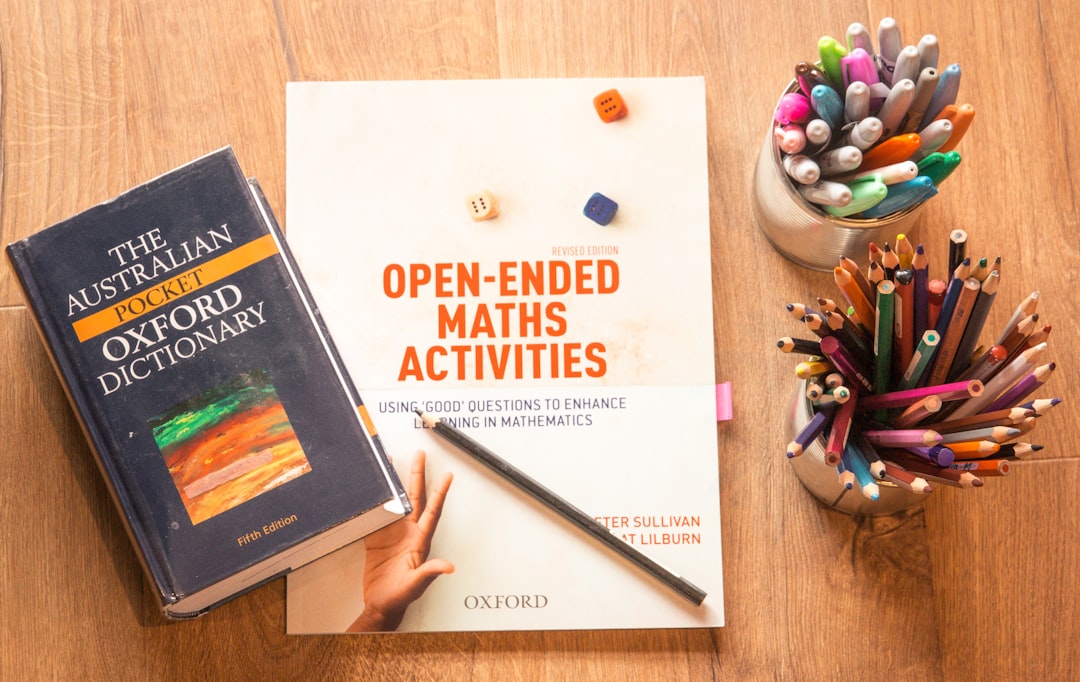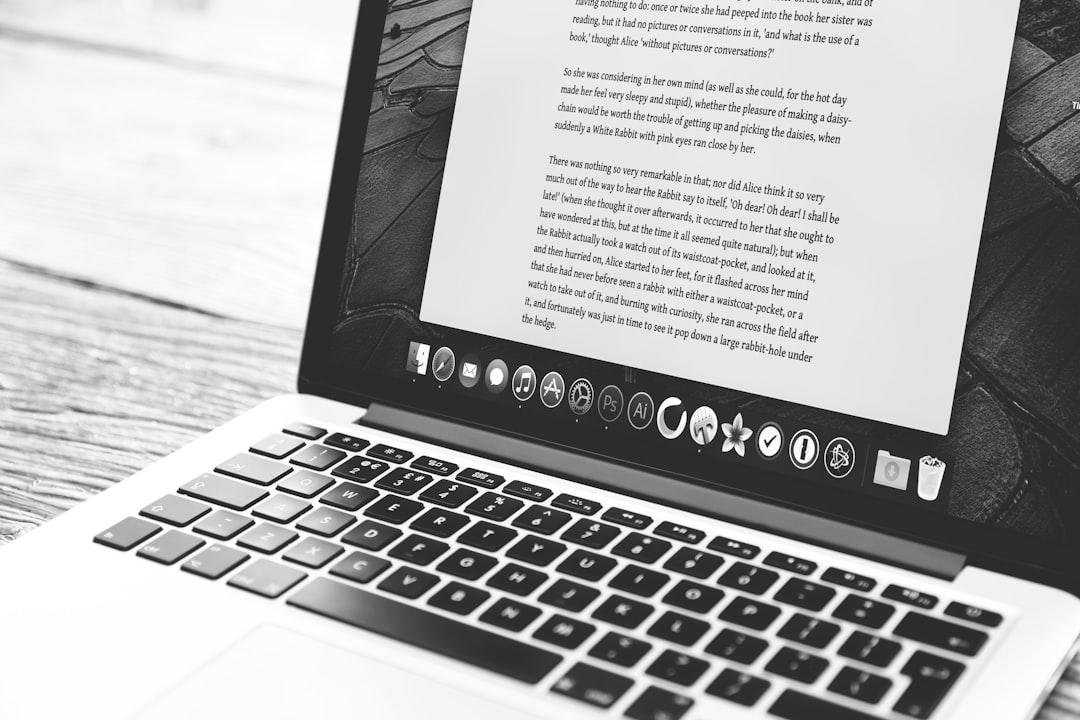How to get a 45 in IB - 10 tips for the perfect score
How do you get at least a 6 in every subject? Getting a perfect score is a very achievable goal if you are willing to dedicate yourself for two years, and get the most out of the IB Diploma programme.
Hear me out.
We know that there's TOK and your EE to think of as well, on top of scoring well for your actual subjects. We will go through the specifics of these topics in the latter half of this article. For now, let's take a look at some of the fundamental things you need to do, in order to get a perfect score:
1. Try to stay ahead by learning new content
As soon as the school year starts, you need to make sure that you're not in any way lagging behind. And I don't mean lagging behind in terms of your classmates or your friends - I mean your syllabus. Make sure you're on top of your game.
Or, if you are moving from DP 1 to DP 2, you need to seize your holidays, and the time you get to yourself as a break from normal studies, to catch up on everything you have learned.
This means you can quickly revise everything you have learned so far, and look ahead to see which topics you will be covering in the upcoming months. To get yourself organised, try to deduce which subject you score best in, and which one you really need to improve in.
Taking a strength and weakness analysis with your grades will allow you to allocate your time properly for each subject, so you can focus more on your weaker subjects. Trust us when we say, early preparation will reduce your stress in the longer run, and will help you to avoid a last-minute scramble to fix your grades.
We know this is easier said than done, so here are a few things you can try to incorporate into your daily life and schedule, to make sure you are able to stay ahead in class, and learn new content on time:
- set a daily alarm to wake up at a specific time,
- set reminders for you to start studying,
- use sticky notes for annotating books and also for leaving tiny notes on the margins as you study,
- have a calendar so you can see how you are going to cover parts of the syllabus,
- use highlighters, pencils or markers as you take notes, not for aesthetic purposes, but to make it easier as you skim through them later, and finally,
- try to draw a chart, a table or a graphic of how much you have studied, so you can watch your progress. You can also do this digitally, through the use of a spreadsheet, or any other method you are comfortable with.
2. Pay attention to the syllabus
Each subject has a syllabus, and you will get access to this from your school at the beginning of the term, and you will also have access to relevant books (for eg. novels, or collections of artistic works).
Use the subject syllabus to know how much theory you have to study, and also use it to understand how you get graded for the way you write in your exams. Once you understand the rubrics by which you will be tested, you will get a better feel of how to approach the exams, and how to write and present everything you know.
Once you start doing this, you will understand your own study style. All of us have unique ways of understanding the things we learn.
For example, some of us are visual learners who learn best when presented with maps, charts and other visually perceptive methods, while others are auditory learners who would find it much more worthwhile to listen to a speech or a podcast, which can seem more easier or interesting than reading something.
Idenitifying your study style, and keeping up with the subject syllabus, will make sure you're not clueless about the purpose of the classes as they are being taken. To keep clarity, you can create a schedule so you will be organised throughout the year.
3. Strive to be proactive
Aiming to score high in each subject can be a challenge, and requires proactiveness. What does this mean?
This means you should be able to take measures so you can get ahead of the curve, and this also means being able to evaluate your academic progress on your own.
If you wait for deadlines to give you a push, or if you need your teachers to push you guys to study or meet these deadlines, you will be resorting to reactive learning. There's nothing wrong with reactive learning, but as you know, there is a lack of initiative in it.
Being a proactive student for IB means organising your days and weeks in advance, or organising your notes before you revise for exams, or making sure you work consistently on your essays instead of putting them off for later.
Achieving a 7 for each subject requires that kind of dedication. Unlike solely textbook-based learning, IB requires you to accumulate all of your learning over the 2 years of the Diploma Programme, and to bring that knowledge and experience for your assessments.
With that being said, scoring a 6 for each subject is more than enough for universities to consider you during the admissions process, as long as you score high enough for the subjects you are actually intending to major in for your university programme.
4. Don't take TOK too lightly
When you are in DP1, it is natural for you to not be extremely well informed about the TOK assessments. In fact, you might even wonder whether the things you are learning for TOK is even all that important. Long story short, they are!
Since TOK is about how knowledge is gained, as well as how knowledge can be transferred, applied or analysed, it is actually a key tool for you to amp up your critical thinking skills.
It also allows you to understand how many of the subjects you have chosen are intricately related to each other, and how each subject is in turn linked to TOK. Thus, you are also being introduced to the interdisciplinary approach before even beginning your university journey.
Plus, if you do them well, you get the 3 'bonus points' for your overall score for the Diploma. A lot of students can end up questioning whether these 3 points are actually worth the immense amount of effort that it demands. So is the effort worth it?
Although these 3 points are the result of the work you put in for the TOK Exhibition, TOK Essay as well your Extended Essay, they are still valuable - think of the critical thinking skills it gives you along with the 3 points! Furthermore, with the Extended Essay, you get the first-hand experience of writing a full, decent academic paper, and can even attach it to your university applications! So make sure you do them well.
- Related articles:
The TOK Exhibition Prompts
Choosing Objects for your TOK Exhibition
The Assessment Criteria for the TOK Exhibition
5. Start early on the Extended Essay
Speaking of the IB Extended Essay being a method of practice for your undergraduate research papers, yes, it is an important aspect of the Diploma you should be using to prepare for your future. Now, most IB students think they need to write their EE on the subject they will be picking for university. I would like to mention that this notion is not necessarily true.
What you need is to pick a topic that you are actually interested in, a topic that will allow you to write as extensively as possible, and display your writing and researching skills. Keep in mind, you are also displaying your ability to write an impressive paper.
Colleges will not overlook or push aside a student who can write a great essay about a topic they were not even intending to major in. Passion in the subject is already guaranteed through many methods, including the fact that you will apply for the course you want to major in. The thing that colleges will use your EE for, is to determine whether you can write a great essay.
It is also not necessary for you to come up with a completely original idea, since you are not an expert in the subject you choose (yet), and each field is incredibly vast for you guys right now. So what you could do is go with something from your coursework.
An imperative is to research as much as you can, so you can include your sources in an impressive bibliography. Try to start making little notes on topics that interest you earlier on in your Diploma programme, so you can form your EE before the last minute, or right before each deadline with your supervisor.
6. Measure the IA percentage for each subject
The IB Internal Assessments are always looming on the horizon, and unlike TOK, CAS and the EE, the Internal Assessments for each subject factors into your grades. In science subjects, the IA is usually around 20% of your overall score of 7, while for English and other subjects, it can be around 25% or an even higher percentage of your overall scores.
Although IAs can seem intimidating, especially since most teachers are not lenient at all when they mark you for your demonstrations, there is a way to go about it. Much like the other assessments, the key is to focus on the marking criteria that you will receive from your teacher, and focus on building those skills or meeting those requirements.
Compare your marks with those of your friends or with various samples so you can deduce why you might be getting graded lower, or to understand exactly what the examiner will be looking for as they assess your work.
If you are unsure about your progress, always remind yourself that you can only be helped if you're open to getting help. If you're confused about your IAs, and also whether you can get the grades you want, reach out for help. For example, we have expert IB teachers and mentors who can ensure you get the guidance you need for your subject-specific IAs.
Also, if you are unsure about how you will be graded and assessed for your demonstrations, you can refer to the IB subject guides, which will usually have been distributed in class by your teacher.
7. Don't neglect the Learner Portfolio
For Language and Literature, or for English literature, the learner portfolio is a very important element which is often ignored by students, and when the exams get near, it is usually completed in a haste and forgotten about.
I'll explain why this is not too ideal; scoring a 7 in English is a bit hard, and the learner portfolio can actually be used as an asset to help you get that 7. You just need to start early. The portfolio is mandatory for all students and is actually a great tool to prepare for your internal and external assessments.
Think of it as a notebook that you will be creating, with your reflections on the things you have learned. For example, you can separate your notes on the basis of Global Issues, or divide a book you learned in class into a table that contains the 7 key concepts.
Most schools insist that students should have atleast 20 - 30 uploads in their portfolio, but we would personally recommend you to go higher than that. If you start viewing the learner portfolio as your exam notebook, you need to create 2 years worth of IB content, which is a lot of fresh notes!
Going through your own notes are much easier to understand when the exam approaches. If you neglect keeping a learner portfolio (since it is not graded), you might end up with notes that are not fleshed out, or notes that are not your own.
8. Master your time management skills
Time management is important not just while writing each individual examination for your external assessments, but for the whole DP course in general. However, this doesn't mean you need to constantly keep your eyes on the clock, and get yourself stressed out for no reason.
Here are a few things you can do to ensure you have are on the way to being a very time-conscious and effective student while you sitdown to study, or when you take exams:
-
Try to have 3 one-hour study sessions per subject per week;
Once you start following this, you will soon realise that your time for each subject is limited and also precious. -
A tangible timetable;
If you have a timetable that you can hang on your wall or display in your room, it can greatly help your motivation to get started on tasks. -
Utilise time management methods;
Using the pomodoro technique or the pareto principle will help you study more efficiently within the limited time you have for each subject. -
get rid of distractions while you study;
You can do this with the help of apps such as Forest or Strict Workflow, which will help you stay focused.
10. Ask for help, and here's why:
Sometimes, regardless of how organised you are, you might find yourself struggling to score well in certain subjects, or for certain segments in your overall syllabus.
The best way to overcome this is to acknowledge that help will be good. Many students struggle with admitting they cannot find solutions on their own, but remember:
"It takes a village to raise a child", according to that one African proverb.
"It takes a whole agency to make a successful campaign", says David Guerrero, a businessman.
... And other such quotations. Basically, teamwork is important. You don't have to isolate yourself in an island of stress. To go that extra mile, it helps to take a step and ask people if they can give you new perspectives of your work. This includes asking them to go through your responses or demonstrations so you can receive their feedback. A list of such people include:
- your friends,
- your parents,
- your relatives, or
- basically anyone else you feel comfortablew with.
Another way is to sign up for professional IB tutorship, where you will get constructive, and objective feedback and guidance on topics you feel you are lacking in. For example, we have expert teachers and mentors who can guide you according to the rubrics, so you can always consider signing up for a short course or for hourly tuitions here at Vidyalai, so you can individually hone your skills outside of class and get that extra edge that will propel your grades.
Good luck studying!








